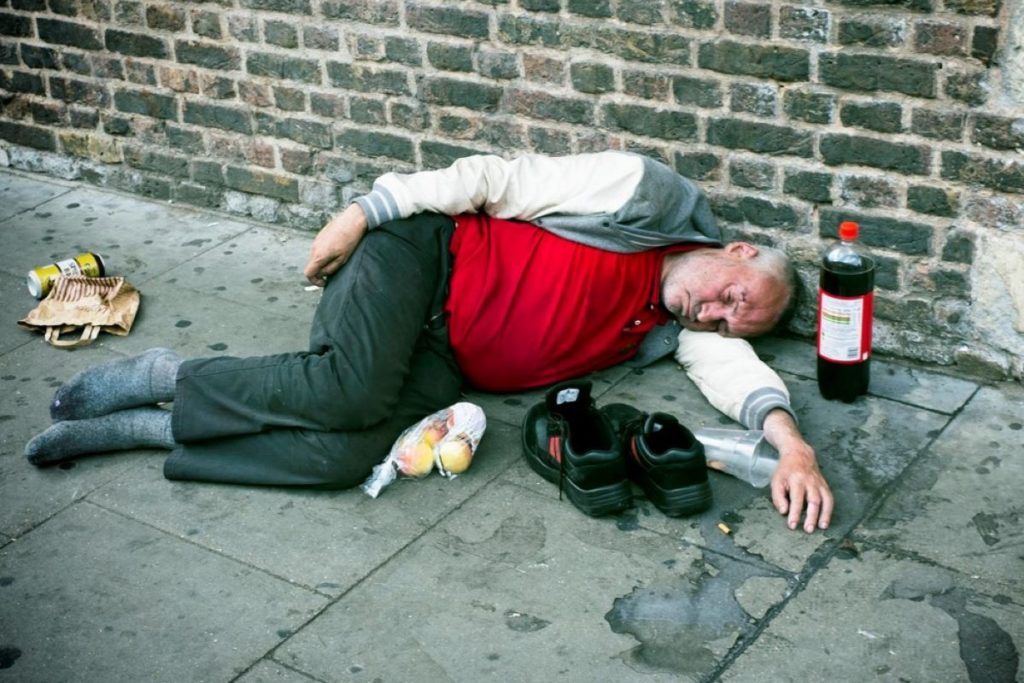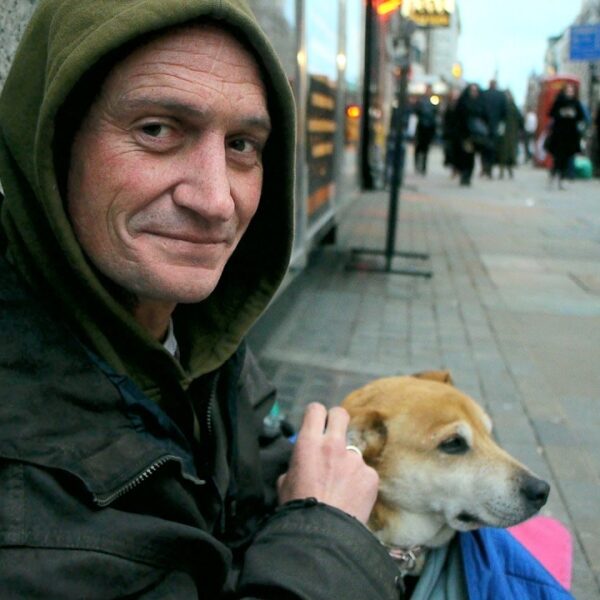Research carried out by Homeless Link in March 2018 showed that 33% of rough sleepers have been in prison at some point in their lives. The Centre for Social Justice stated that one-third of offenders say they have ‘nowhere to go’ once they had left prison. This equates to approximately 50,000 people a year. When leaving prison, men and women need stability and security to adjust to community life.
Inmates are given a grant of £46 to buy food and essential items. An additional £50 is given to an accommodation provider. £50 rarely covers a one-night stay in a hostel. The individual is then left to find money to pay for any extra nights. What’s more, this money is not available to those who served short sentences.
Homeless Link states 50% of offenders stay with family and friends when leaving prison, which can be a great option if they are a source of support. Yet this can be challenging for family members because of the offender’s experiences and chaotic lifestyle.
There is the option for prisoners to apply for council housing eight weeks before they are released. Their needs will be assessed and, if they meet the set criteria, a personal housing plan will be implemented.
However, the council does not have an obligation to house someone if they are convicted of a serious crime, or if their rent is not paid whilst in prison, as they will be viewed as intentionally homeless. If an individual’s mental or physical health is a concern, the council can provide emergency housing.
Some individuals will choose to re-offend to avoid living on the streets. Providing stable accommodation can reduce re-offending rates by up to 20%.
The Bottom Line
Offenders leaving prison need robust interventions to support and to re-adjust to the outside world. Current systems are failing to reduce re-offending and end homelessness. Probation, resettlement officers, youth offending teams, charities, mental health teams, and drug and alcohol organisations need to provide a stronger and more effective approach.
Upon leaving prison, men and women need safe accommodation. Stability is crucial to reduce re-offending rates and limit homelessness.
Because of strict council criteria and a lack of housing, many ex-offenders are denied housing. This can leave them vulnerable and homeless if there are no other options. Ex-offenders need better intervention, support, and housing services to help them rebuild their lives and make a positive contribution to society.













